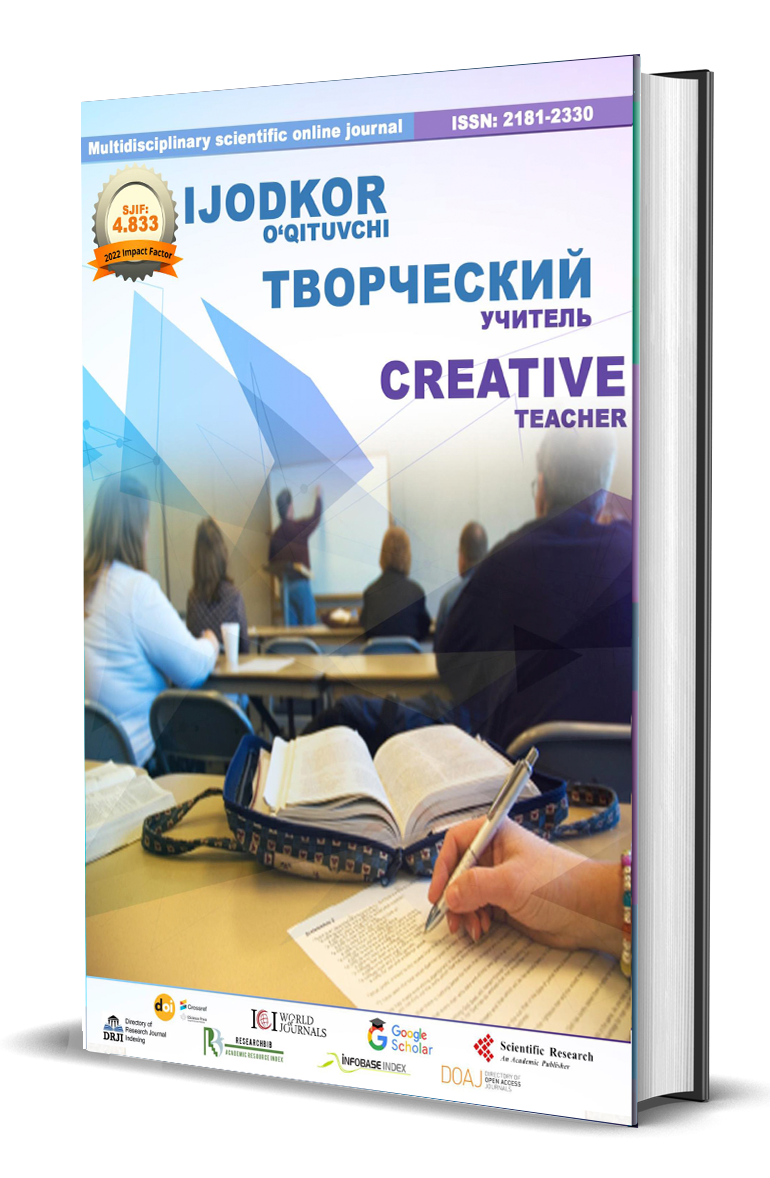CURRICULUM INNOVATION FOR THE 21ST CENTURY: EMBEDDING GENERIC COMPETENCIES IN UNIVERSITY INSTRUCTION
Keywords:
generic competencies, higher education, critical thinking, communication skills, pedagogical strategies, digital literacy, collaboration, curriculum development, competency-based education, transferable skills.Abstract
Generic competencies such as communication, critical thinking, collaboration, and digital literacy are increasingly considered essential for academic and professional success. This article explores the integration of these competencies into higher education curricula through pedagogical innovations. Drawing on theoretical models and global benchmarks, the paper examines how instructional methods like project-based learning, reflective practices, and cooperative strategies can promote transferable skills in university students. It proposes a framework that aligns competency development with educational reform priorities, particularly in transitional education systems. The study concludes by offering practical implications for curriculum design and teaching methodology to prepare students for dynamic and complex future work environments.
References
1. Delors, J. (1996). Learning: The Treasure Within. UNESCO Publishing.
2. OECD (2005). The Definition and Selection of Key Competencies (DeSeCo) Project. OECD Publishing.
3. Vygotsky, L. S. (1978). Mind in Society: The Development of Higher Psychological Processes. Harvard University Press.
4. Bruner, J. (1996). The Culture of Education. Harvard University Press.
5. Ruziev, K., & Rustamov, D. (2016). Higher Education in Uzbekistan: Reforms and the Changing Landscape since Independence. UWE Economics Papers.
6. UNESCO (2015). Rethinking Education: Towards a Global Common Good?. UNESCO Publishing.
7. Уралов O.Ш. (2020). Олий таълимнинг халқаролашуви: таълим стандартларидаги умуминсоний ва миллий ўзига хосликлар. Современное образование, 1 (86) С. 23-29




